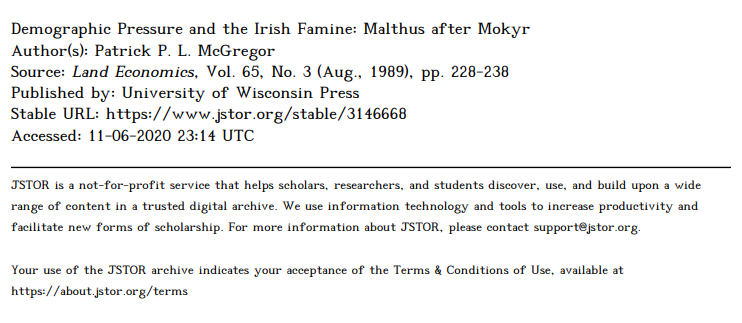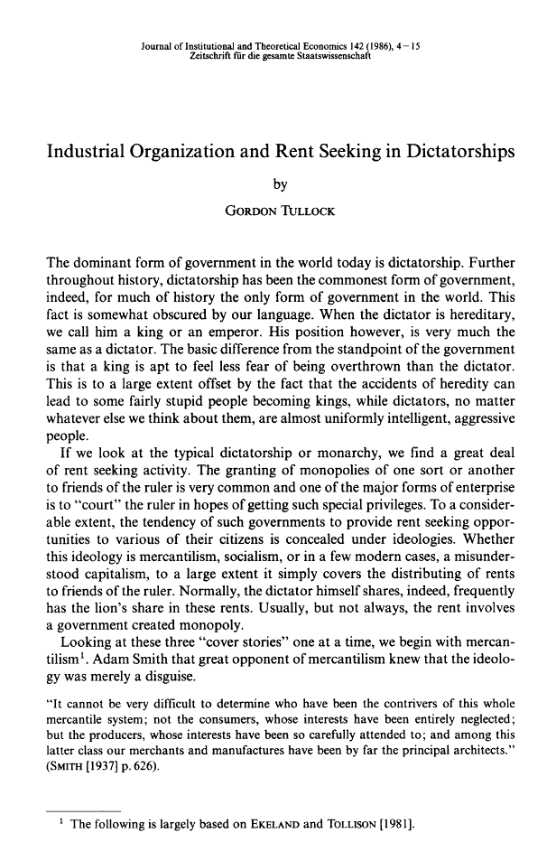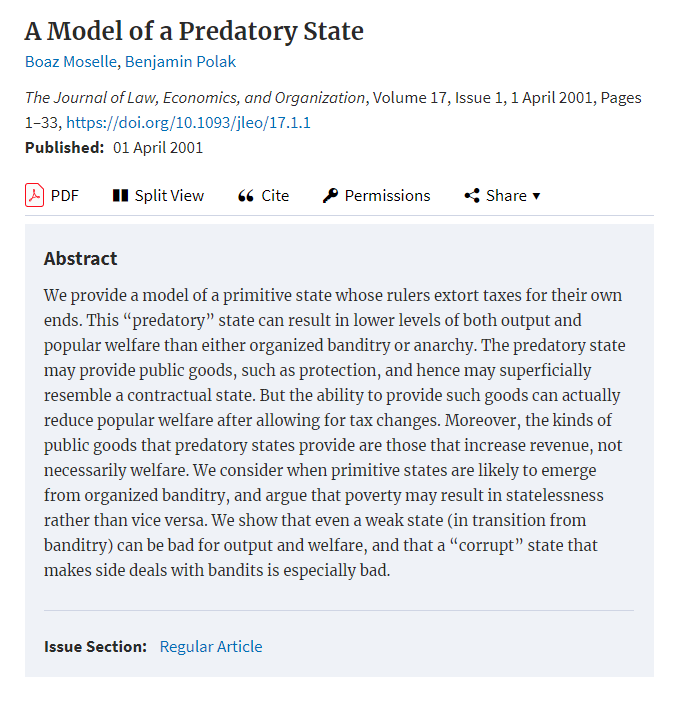
My friend @CorneliusEcon asked me about how I read all the books I buy (i.e. my "Book Harvests") and here is the short answer: I dont! At least, not immediately. And this is actually how I end up reading them. Weird? Here is a thread on reading and research #econtwitter
1st: Buying books is important -- they are a capital good. Books are, however, unlike other capital goods. They last much much much longer and their depreciation rate is low as hell. If you accumulate them, you create a high stock on which you can produce
2nd: Once I buy a book, I read the TOC and the table of content to memorize what it says "broadly speaking". Then I shelf the book.
3rd: When I find something odd, I start writing up the draft of a paper to see if I can make a contribution that helps. My mental map allows me to know where I can find the stuff I need to write and expand.
3rd (Follow-up): For example, I read a footnote in a Quebec history book that explained that a fishing monopoly had emerged in a region and this lead to stable fish stocks in 19th century. I knew I had a book on the economics of property rights and common pool resources
3rd (continued): So, I could assemble the two and see if a contribution could be made. Because I also knew of works (unrelated) on living standards in the region in question, I could check socio-economic outcomes from this arrangement. Hence a paper was born.
4th: Notice that I used three books to start producing a paper that I think can contribute to the literature. But its because I had a huge stock to start on.
This is how you read books when you are an academic. What is particularly crucial here is that when you read something, you often miss key valuable insights just because you cant connect them to other topics.
The mental inventory of books you have creates a mapping of how things could be connected and constructed and thus the process is a constant discovery process of ideas and research. The nicest part about it is that the more you do it, the easier it becomes.
That is how I read books #econtwitter
*I meant TOC and introduction*
• • •
Missing some Tweet in this thread? You can try to
force a refresh








